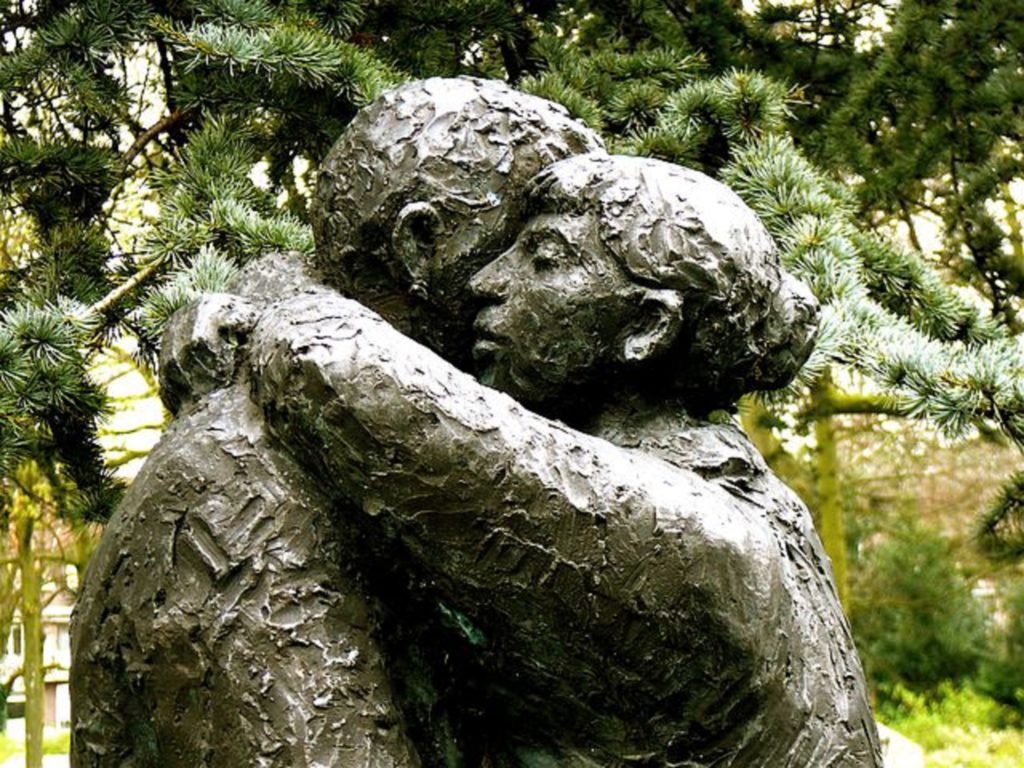“To forgive is to set a prisoner free and discover that the prisoner was you.” – Lewis B. Smedes
My new community held their second annual Meet & Greet block party recently, and I was there. It was a great opportunity to meet some of my neighbors and learn more about my new town. The group was very friendly and within minutes I was asked many questions including this one: “where are you from?” I decided to give the long version: I’m from Jamaica, I lived in New York for a number of years, then moved to Fort Lauderdale now, here. I got the usual “wow” responses, but one of my neighbors got really excited about the news that I’m Jamaican and animatedly pointed to a house across the street and said, “a Jamaican couple lives there, I’m going to get them!” Within minutes, she was returning to the block party with the neighbor from Jamaica. In a fascinating turn of events, we uncovered several similarities and identified people we both knew. This led to being invited to a birthday party to meet a local radio personality who also hailed from Jamaica, and being invited to the church they all attend.
I’ve been dealing with periods of anger, resentment, and unforgiveness; and I’ve hung many pity party balloons and wondered, “why me.” Most days are better than others and today I walked into the church my neighbors invited me to attend, and walked away with renewed strength and courage to rise to the challenge of forgiveness. I was inspired to own my part of the offense, seek forgiveness and make every effort to be a peacemaker.
Forgiveness is unfair………. and it’s not easy, whether it’s forgiving you or others.
“Forgiveness is the decision to release a person from the obligation that resulted when he injured you. When you injure others, knowingly or unknowingly, you create an obligation. You take something from them: their time, money, pride, or dignity. And if you take something from your brother, then you owe him. Forgiveness doesn’t mean that nobody pays that price. If I choose to release someone through forgiveness, I pay the debt. I absorb it. I cover it. I forego what is rightfully due to me.”♦
We probably all have people in our life we’d like to strangle!
Forgiveness goes against human nature and our pride and we could all use some help learning to do it better. Plus, unforgiveness feels like power. Because we’re the one who was wronged, we hold out on paying the debt ourselves, most often waiting for an apology. But an apology doesn’t pay the debt and is irrelevant to your struggle with forgiveness. You must decide whether or not you’ll choose to release the person from the obligation and surrender the power to send them more “bills”.
Learning to forgive is good for both our mental and physical health. A beautiful thing happens when you forgive: it releases the person so he no longer owes you, but by releasing that person, you also release yourself from the chains of self-destruction caused by unforgiveness. When we’re better at forgiveness we experience lower stress, tension, levels of depression, anxiety, and anger. But knowing that forgiveness is good for you doesn’t make it easy to put into practice. Forgiveness is a process, something you work hard at. Work hard to let go of the unhealthy feelings of hate, anger, and resentment and moved on.
I’m grateful that there’s always a reminder or a new thought or idea around the corner to help take me to the next level.
“We must develop and maintain the capacity to forgive. He who is devoid of the power to forgive is devoid of the power to love. There is some good in the worst of us and some evil in the best of us. When we discover this, we are less prone to hate our enemies.” – Martin Luther King, Jr.
Found value? Feel free to share!!
To Your Success,
Althea
Althea A. McLeish Wilson, RN, MSN
Promoting inner health & outer beauty!
Helping you thrive, not just survive!!
PS. Inner Health & Outer Beauty Store: Health & Wellness with Althea♦
PPS. Did You Find This Helpful? If so, please feel free to share!! Leave a comment or contact me at althea@altheamcleish.com.

